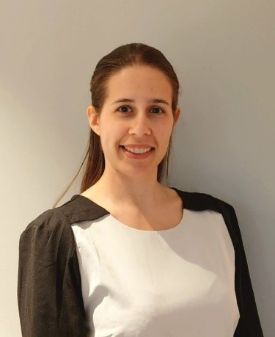Trial lecture
June 17th, 11:15 AM, Auditorium 2, Chemistry building
Trial lecture title:
"Analysis of Food Products Using 2D-LC"
Conferral summary
Ulike prøveopparbeidelsesteknikker og kolonneformater for miniatyrisert væskekromatografi har blitt utviklet og benyttet for å studere proteiner i ulike biologiske modeller; fra mer tradisjonelle todimensjonale cellekulturer og biopsier, til nyere og mer avanserte modeller som eksosomer, tredimensjonale cellekulturer, og organoider. Avhandlingen gir et innblikk i hvordan proteinanalyse kan utføres ved små biologiske prøver, og hvordan proteinanalyser kan bidra med viktig kunnskap om enzymatiske prosesser i hjernesvulster, samt muligheter og utfordringer ved bruk av biologiske modeller i klinisk medisin.
Main research findings
A significant challenge in medical diagnostics is the development of simple but efficient tools for the detection/quantification of several biomarkers simultaneously using non-invasive sampling techniques. In this regard, the analysis of proteins (proteomics) is essential for understanding cellular processes and biomarker discovery. However, proteins vary greatly in terms of concentration levels and chemical properties in biological materials. Further, low sample sizes of modern biological models (e.g., patient-derived cell cultures, exosomes, and organoids) remain a big analytical challenge. The present work has focused on the brain cancer glioblastoma, which is in great need of increased knowledge and non-invasive sampling techniques. In addition, human organoids, which could act as a future in vitro model for disease modeling and personalized medicine, have been investigated.
We have used high-resolution mass spectrometry for protein identification, exploring a selection of miniaturized liquid chromatography formats (for separation) and sample preparation techniques. By implementing these techniques, we have been able to study exosomes, 2D/3D cell cultures, and organoids, identifying over 6300 proteins in a single run using less than 5 µg of protein. The work has provided important insight into the possibilities and challenges of several novel models. It represents a development toward deeper proteomic profiling focusing on maintaining a high protein yield and time efficiency.
